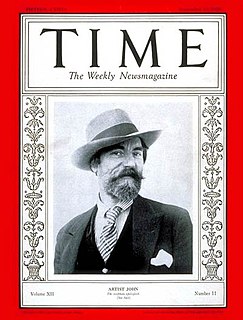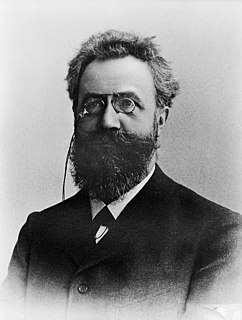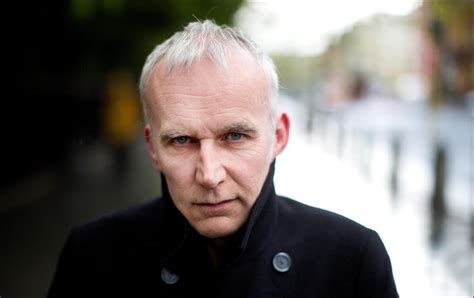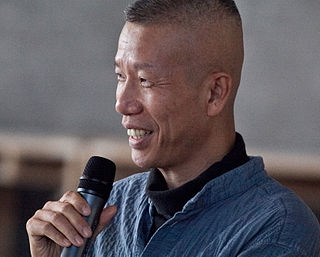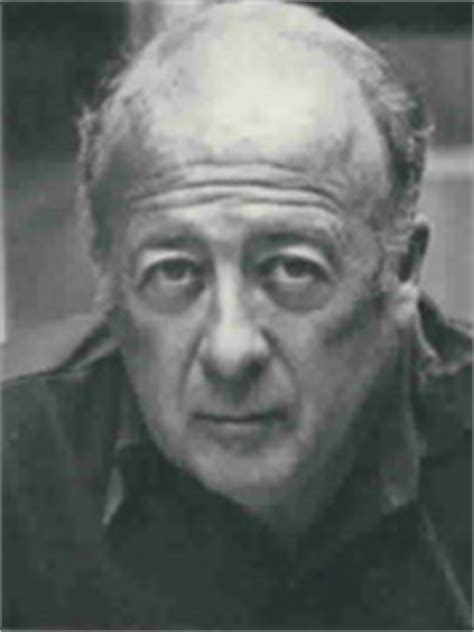A Quote by Augustus John
A painter leaves his emotions behind him for posterity to share.
Related Quotes
Inarticulate wretches have been behind most of the major advances in civilization. If Vincent Van Gogh had been able to get on with his neighbours, then he might have become an excellent painter-decorator, and received a big turn out at his funeral, and that would be that. But the genes wouldn't let him.
For a spy novelist like me, the Edward J. Snowden story has everything. A man driven by ego and idealism - can anyone ever distinguish the two? - leaves his job and his beautiful girlfriend behind. He must tell the world the Panopticon has arrived. His masters vow to punish him, and he heads for Moscow in a desperate search for refuge.
Everyone has a moment in history which belongs particularly to him. It is the moment when his emotions achieve their most powerful sway over him, and afterward when you say to this person "the world today" or "life" or "reality" he will assume that you mean this moment, even if it is fifty years past. The world, through his unleashed emotions, imprinted itself upon him, and he carries the stamp of that passing moment forever.
